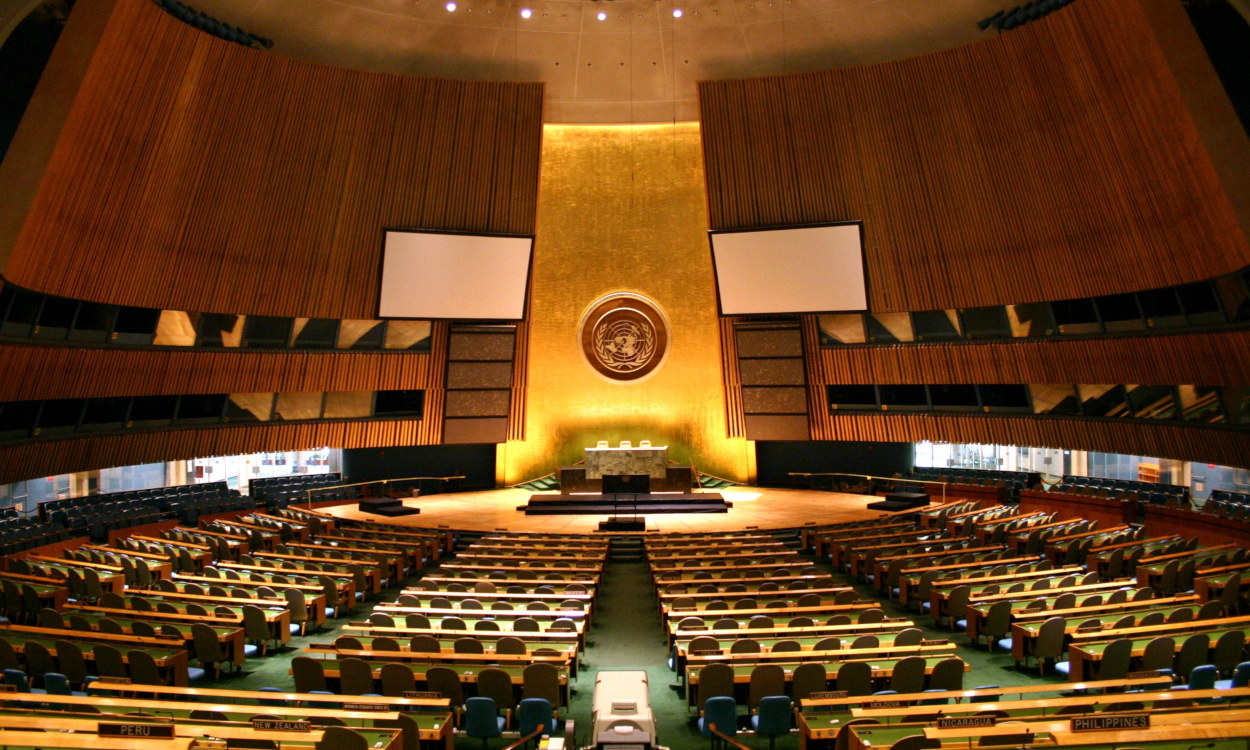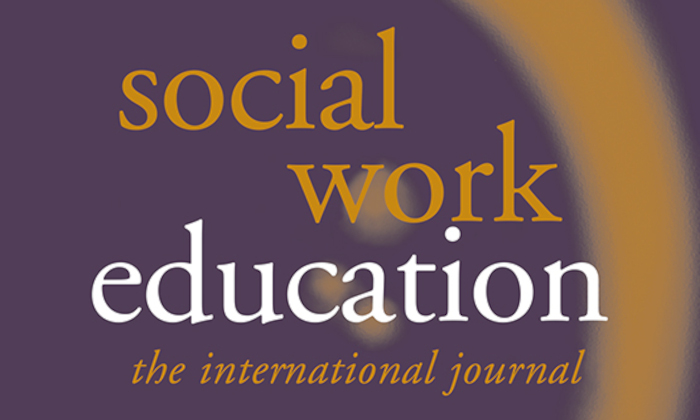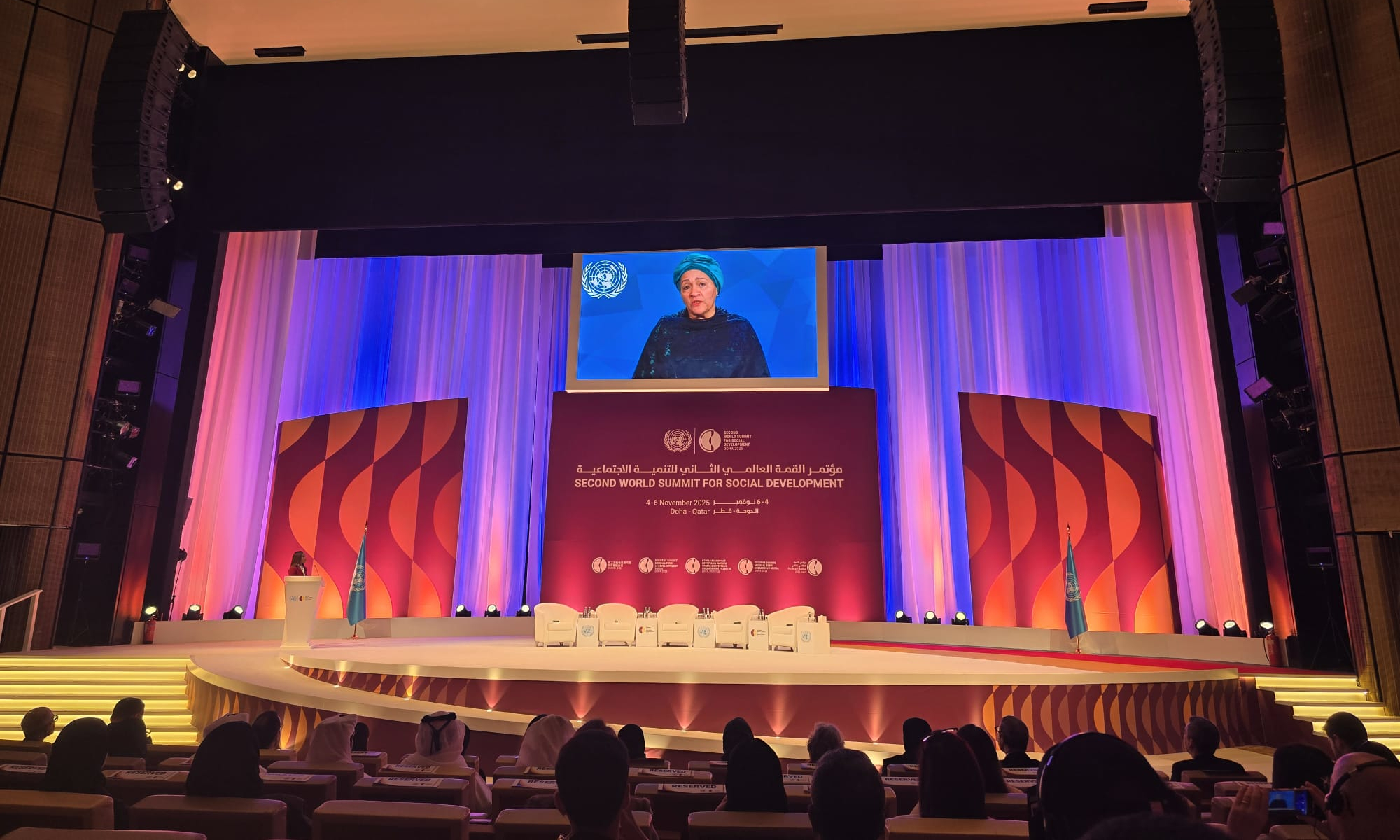Social Inclusion Through Digital Inclusion

The key purpose of the side-event entitled Social inclusion through digital inclusion in the context of sustainable development: trends and challenges organized by the International Council on Social Welfare (ICSW) in cooperation with other partners has been to explore the pre-requisites and core activities necessary to ensure that all individuals and communities, including the most disadvantaged, have access to and use of information and communication technologies (ICT) and are fully capable of improving the terms of their participation in society through wider opportunities and access to resources, including digital resources. Aimed at promoting the social, economic and political inclusion of all members of society, the 2030 Agenda (target 10.2) emphasized the importance of social inclusion ”irrespective of age, sex, disability, race, ethnicity, origin, religion or economic or other status”.
The presenters addressed the existing challenges, as well as good practices that contribute to shaping the most appropriate models of digitalization focused on social well-being and welfare promotion. It was underscored that the ambitious goal of digital inclusion requires strong commitment of all stakeholders, such as government, business sector and civil society. The multiple benefits of digitalization for society have been widely acknowledged in many countries and appreciated by all groups in society. The growing importance of the digital economy, including digital governance, has been vividly demonstrated on the ground in response to the COVID-19 crisis.
The side-event provided an opportunity for ICSW members and its partners to compare past experiences and forward-looking national and international programs that demonstrate the cross-sectoral nature of the existing best practices. The presentations also highlighted the strategies for improving the well-being of all segments of the population through new ICT technologies and digitalization processes.
Overcoming digital disadvantages and exclusion is part and parcel of a broader social inclusion agenda, focused on promoting civic and cultural participation, employment and access to essential social services, including such services as training and lifelong learning. In this sense, strengthening the digital capacity of societies is widely recognized as a vital element of sustainable development.





